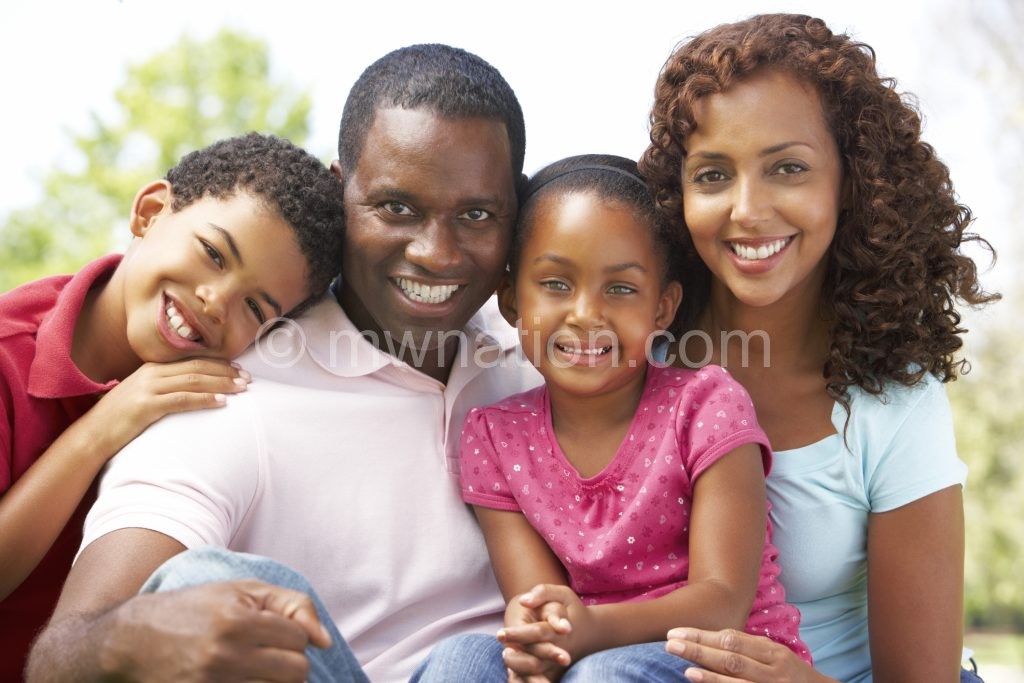Whose religion is it?
The issue of children and their choice of religion in families has been controversial, attracting mixed reactions from several quarters of society.
While some people believe in the right to religion, others argue that children should follow religious beliefs of families they were born to.

While appreciating the right to associate, Grant Nhlema advises on caution to avoid conflict of traditional beliefs that different people hold.
He says normally, parents expect children to follow their religious beliefs, from infant baptism to church allegiance when grown; therefore, it is somehow heartbreaking for them to see their children taking a contrary path to their families.
“The issue is very tricky because as parents expect their children to follow their religion, freedom of religion gives them all the rights to follow their own preferences. So, you can see how tricky the issue is,” he says.
Esmie Kaferapanjira, however, argues that children must conform to the religion of the families they were born to.
She says children must follow traditional rules, saying some of the freedoms are there just to confuse people.
Kaferapanjira says even when they grow up, children must abide by their family religious beliefs, unless if it is a woman who wants to get married, which is acceptable.
“Parents are best placed to select the appropriate religion for their wards. Think about a situation where a child, in exercising his/her right to religion, joins a cult? It is very risky,” she says.
Local and internationally advocates have pressured governments to put mechanisms in place, enforcing freedom of religion in children.
They observe that freedom of religion in children is one of the most violated freedoms of all, but silently kept under wraps.
Eye of the Child executive director Maxwell Matewere says children are free to exercise their right to religion, but on the premise that they reach the age of 18.
He says children are supposed to learn from their parents who are supposed to properly guide them in different aspects of life.
“Of course, children are protected by the law as regards to their rights, but they are supposed to go through some learning process,” says Matewere.
He adds that the government must ensure that the types of religion practised are not harmful to children.
United Nations (UN) special Rapporteur on Freedom and Religion and Belief Heiner Bielefeldt in his address at the UN General Assembly in 2015 urged religious communities across the world to ensure respect for the freedom of religion or belief of children within their teaching and community practices, bearing in mind the status of the child as a rights holder.
“Violations of freedom of religion or belief often affect the rights of children and their parents. Children, typically girls, from religious minorities for example, are abducted and forcibly converted to another religion through forced early marriages,” he explained.
He further explained that governments must play a leading role in enforcing child rights. n




